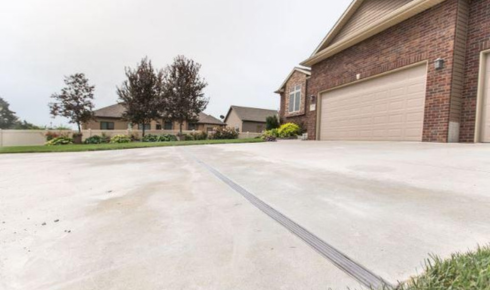Authored by Dr. Pooyan Ghamari, Swiss Economist
Investing in real estate requires a strategic decision between luxury and affordable properties, each offering unique benefits and challenges. This comprehensive guide will help you evaluate which investment suits your financial goals and risk tolerance.
Advantages of Luxury Property Investments
High Returns and Prestige
Luxury properties, located in prime areas and built with superior materials, often appreciate faster and yield higher rental income. They attract affluent tenants, adding a level of prestige to your investment portfolio.
Market Resilience
The luxury real estate market is typically more stable during economic downturns, with high demand and limited supply helping to maintain property values.
Challenges of Luxury Property Investments
Significant Initial Costs
Investing in luxury properties requires substantial capital for both purchase and maintenance, which can be a barrier for many investors.
Smaller Market
The market for luxury properties is more exclusive, often resulting in longer periods to find suitable buyers or tenants.
High Maintenance Costs
The upkeep of luxury properties can be expensive due to the quality of materials and amenities.
Advantages of Affordable Property Investments
Lower Entry Barriers
Affordable properties are more accessible, requiring less initial capital, which allows for easier market entry and diversification.
Consistent Demand
Affordable housing typically enjoys high demand, ensuring a steady stream of tenants and consistent rental income.
Diversification Potential
Lower prices allow investors to acquire multiple properties, spreading risk across various locations and types.
Challenges of Affordable Property Investments
Lower Returns
While affordable properties provide steady income, the returns are usually lower compared to luxury investments.
Maintenance Issues
Older or less expensive properties may require frequent repairs, increasing ongoing costs.
Market Sensitivity
Affordable housing markets can be more volatile, particularly in economic downturns.
Key Considerations for Investors
- Investment Goals: Clarify whether you aim for short-term profits or long-term stability.
- Risk Appetite: Determine your comfort with higher risk for potentially higher rewards.
- Market Research: Conduct thorough research to understand market trends and demands.
- Financial Capacity: Assess your financial situation to decide on the level of investment.
- Management Resources: Evaluate whether you can manage high-maintenance properties or prefer a more hands-off approach.
Conclusion
Both luxury and affordable property investments offer unique advantages and come with their own set of challenges. The best choice depends on your financial goals, risk tolerance, and market understanding. Careful evaluation and strategic planning are essential to making an informed decision.
This article was originally published on a.land. For more information and opportunities, visit shop.a.land.










